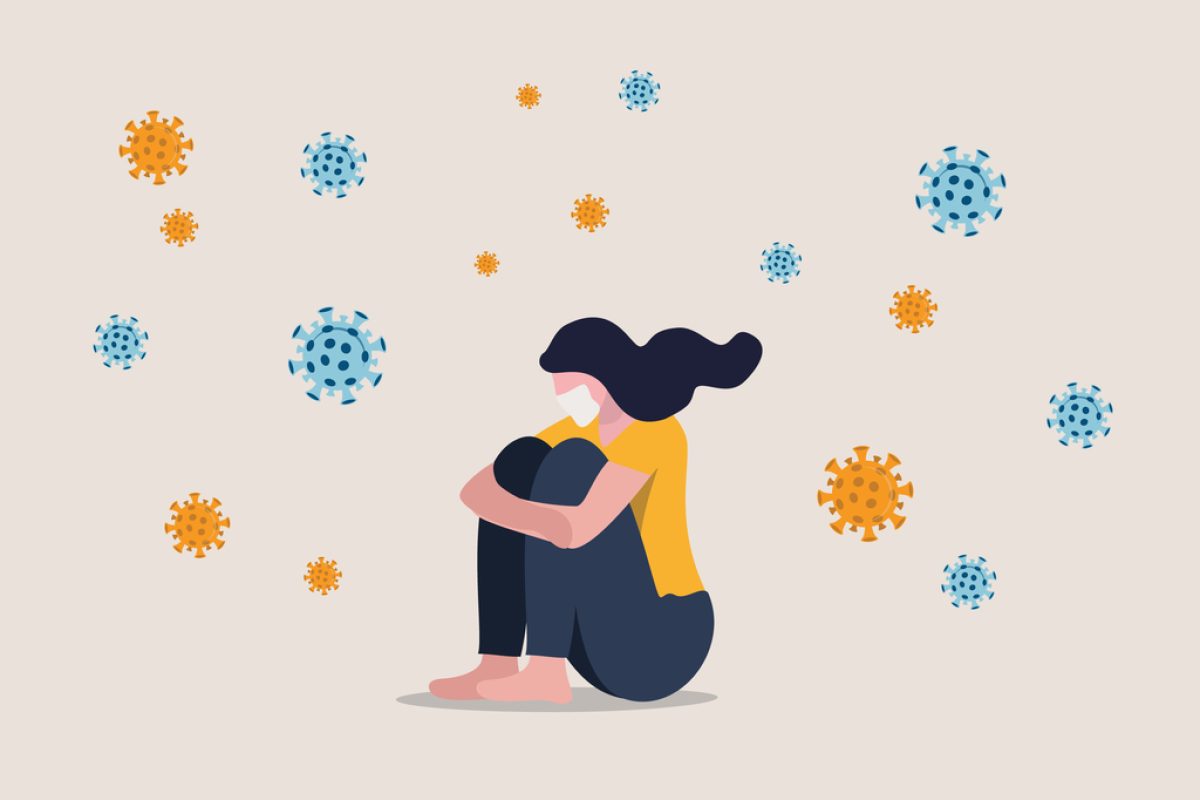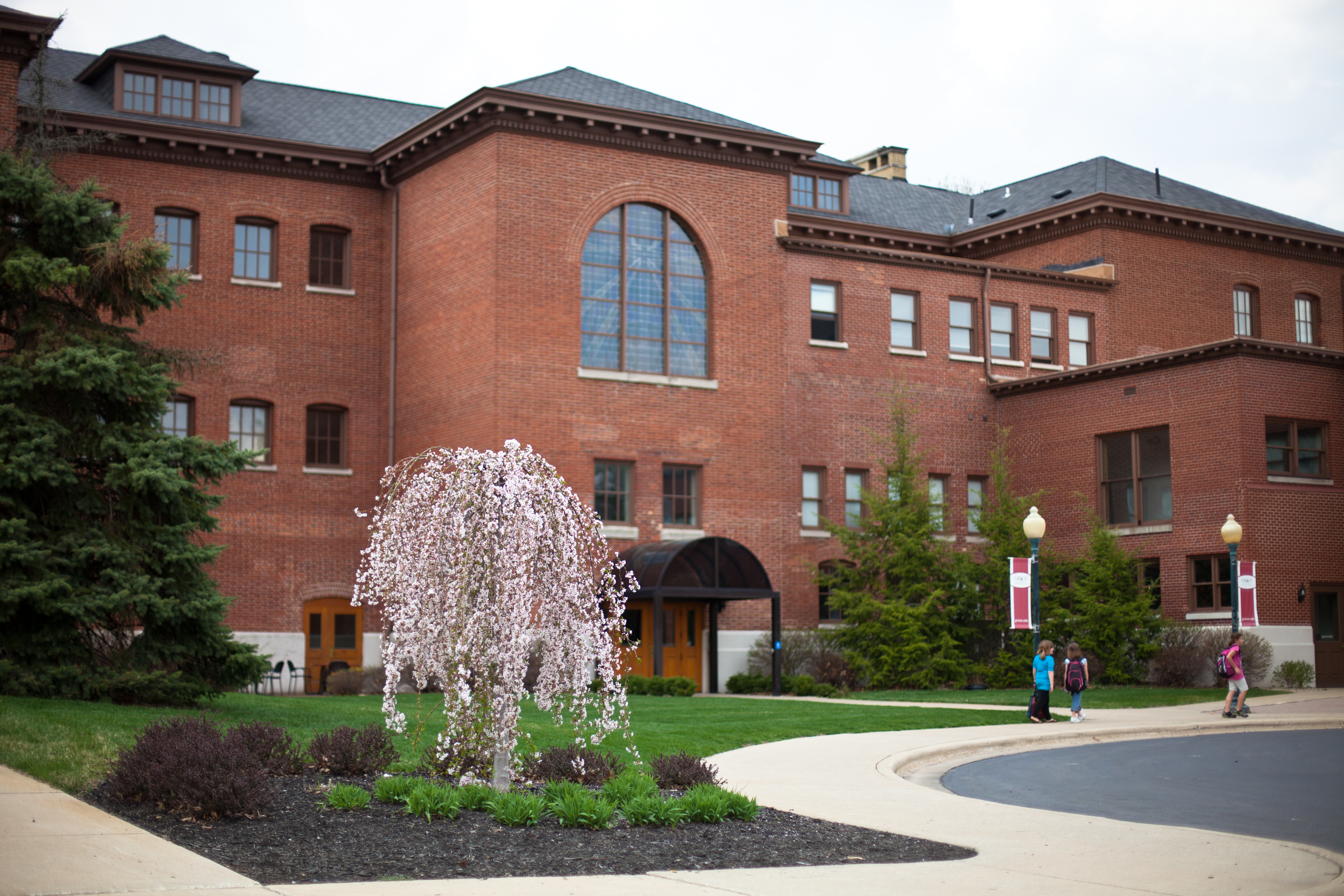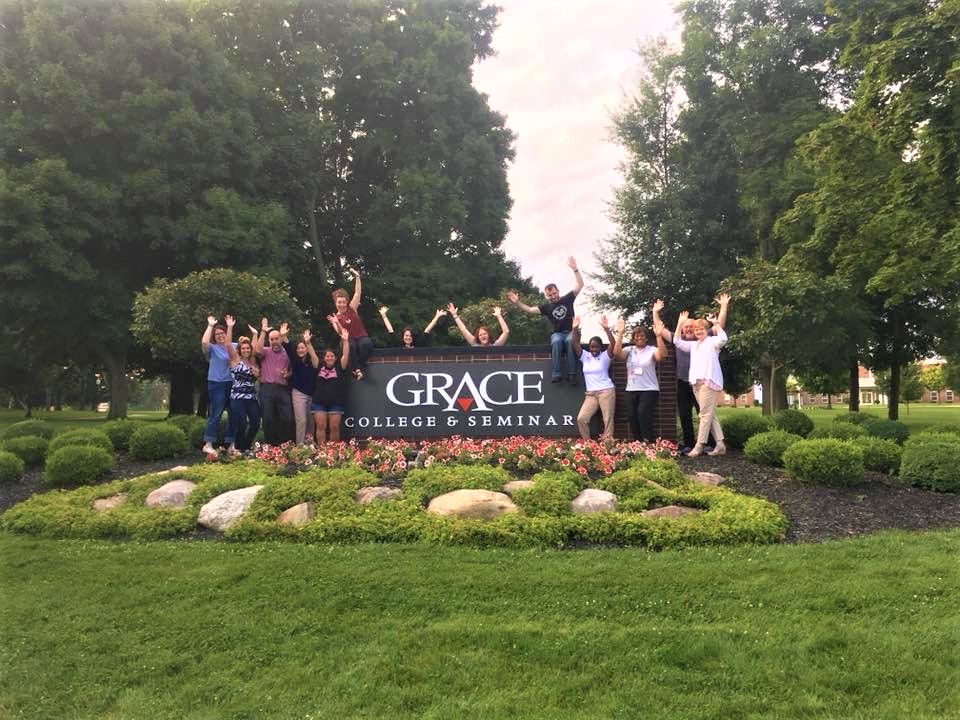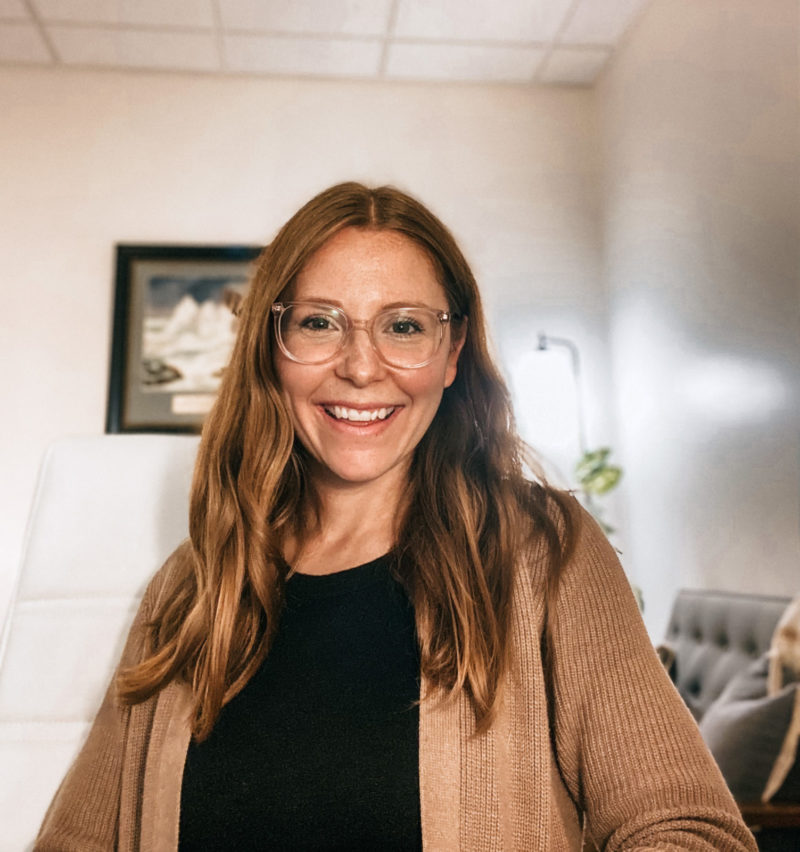October 23, 2020
How to Get Help with Mental Health During COVID-19?
Tagged With Counseling

A Faculty Blog by Dr. Ronnie Pace Ph.D., LPCC LMHC LMFT LPC CEAP
Do you know what bugs me?
The enhanced relationship on social media as a platform for connecting with others. It really doesn’t give us the opportunity to talk with each other, hold each other, or even touch each other daily. Everything meaningful seems to be going away with the pandemic. Think about it. When you’re scrolling through your phone for hours at a time, you’re participating in a one-way conversation that doesn’t involve your reaction. You simply absorb whatever social media wants to tell you. If you have questions, you can’t ask them. All you can do is reply. But it doesn’t involve listening. This pandemic leaves us alone many times wondering what we can do to maintain our sanity and to take care of our mental health during COVID-19.
As a clinical counselor educator, I train new professional counseling students in the absolute necessity of active listening. Beyond any kind of therapeutic theoretical orientation used to guide someone in their plight to work on their mental health issues, if our basic need of being listened to is not met, then therapy is absolutely not going to happen. Within this pandemic, active listening is not happening! Mental health during COVID-19 is suffering because the communication process is usually one-sided and doesn’t typically result in active conversation. Yes, we obviously stay up-to-date with our friends and family, but it’s not a two-way conversation. It’s one way. In fact, the only way one might react to someone else’s comment is to press a button and “like it.”
I recently posted some pictures of my daughters and me. One was of my younger daughter making goofy faces at me. The other picture was of me holding my older daughter in an embrace of pure love. Many people pressed the “like” button, some replied “beautiful,” others replied with sweet comments. However, active exchange was missing. I wonder how many of them wanted to ask me questions or dialogue with me. The simple truth is that social media provides no avenue for one to have an actual conversation — one where we observe nonverbal interactions which make up about 75% of our communication. Think about it; 75% of our communication might be missing during this pandemic! That’s what I’m missing! The warmth of a smile when someone sees my picture, a genuine embrace, or even the strong greeting of a respectful, physical handshake…all missing, and all very much desired. While important to our physical health, masks have taken away the ability to see someone’s face. What about someone’s smile as they see you? What about the ability to notice someone else when they’re sad? Do you see what I mean? Masks create a void in communication. The physical health pandemic has made way for a mental health pandemic.
If my need then is to be around others, but I can’t because of the rules, regulations, fears, and restrictions caused by this pandemic, then how can I take care of myself? How do I respond to this mental health pandemic?
Caring for Your Mental Health During COVID-19
Professional counselors are constantly searching for opportunities to help others, but in order to do that well, we must also practice self-care intentionally. In fact, if we don’t feel good and take care of ourselves, how can we care for others? I don’t mean the kind of self-care that’s based on trite sentiments or replacing worries and concerns with the use of shopping (Amazon, that is!) or other means of coping. It begins with you caring for yourself as much as you would a good friend. It starts with learning to identify who is within your own support network. Outside of counseling, you still have to be aware of what friends, family members, maybe even professors, you call on (even if you can’t currently see them in person). And caring for your mental health during COVID-19 is more important now than ever.
I suggest that you develop these five actions/attitudes to take care of your mental health during COVID-19:
- Develop the habit of getting involved with people, things, and situations instead of being isolated or detached.
- Find ways to influence the different things going on around you, rather than sinking into a feeling of powerlessness for change. Simply put, get involved with others.
- Reframe some of the problems and issues you’re experiencing as ways to learn, grow, and develop rather than continuing in passivity and powerlessness.
- Keep a diary. Keep a diary of the events that are going on in your life with the purpose of challenging yourself to come up with a way to defeat negativity. Document purposeful change and even small successes.
- Finally, develop an attitude of creativity. Use your imagination! Reflect on what you might do, especially if you just woke up one morning and everything was changed. Think about different options outside of your “normal” mindset. Develop a blueprint to manage uncertainty using creativity and find a way to break bigger problems down into small challenges.
The main thing is to just do something. Continue to be curious. Take a look at what you can control instead of what you can’t control.
Many years ago, I found a very old picture of me as a five-year-old little boy. Someone pointed out how cute I was and how happy I seem to be…crewcut, freckled, chubby face, big smile. (I was pretty cute!) I thought about what I might do as a father for that little boy just to make him feel special. My own father was very good at this. Sometimes he took me to the doughnut shop or bought me an ice cream cone. He would sit down with me and enjoy the flavors. The image caused me to think about how special it was that my dad treated me that way. And so, I took that small and very old picture, and I put it in my wallet. When there were times I felt sad and down, I intentionally pulled it out and found comfort in looking at that picture. I would then make a trip to the nearest Baskin-Robbins or Shipley’s doughnut store. Once there, I would order what that little boy in the photo would want. I knew exactly what it was — and I still like it to this day! It was during those times that I realized whatever I was going through was only for a time. Learning to navigate through this pandemic, even with all of the new fears, rules, and restrictions, and creating a temporary ‘new normal,’ doesn’t seem that bad after all. This mental health pandemic is just temporary.
While we continue to care for our mental health during COVID-19 on this earth, it really wouldn’t surprise me if there’s a Baskin-Robbins in heaven somewhere. I have no doubt that when we get there, He’ll take us to the nearest one.
About the Author:
 Dr. Pace has been teaching for Grace College since 2015 as a member of the faculty within the Clinical Mental Health graduate program. Dr. Pace and his wife currently live on their ranch in the Manzano Mountains of New Mexico where they enjoy raising many different farm animals. They have two sons and two daughters. While his home is in Baton Rouge, Louisiana, for more than 35 years he has provided professional clinical mental health counseling, supervision, and consulting services throughout New Mexico, Louisiana, South Carolina, Florida, Texas, and Colorado. He holds several licenses as a professional clinical counselor and marriage and family therapist. He specializes in crisis, trauma, marriage and family therapy, and the treatment of addictions. He still works as a military consultant, most recently as the Director of Psychological Health for the United States Air Force. Before becoming a counselor, he served as a missionary for the Southern Baptist Mission Board to Puerto Rico, Mexico, Columbia, and Argentina.
Dr. Pace has been teaching for Grace College since 2015 as a member of the faculty within the Clinical Mental Health graduate program. Dr. Pace and his wife currently live on their ranch in the Manzano Mountains of New Mexico where they enjoy raising many different farm animals. They have two sons and two daughters. While his home is in Baton Rouge, Louisiana, for more than 35 years he has provided professional clinical mental health counseling, supervision, and consulting services throughout New Mexico, Louisiana, South Carolina, Florida, Texas, and Colorado. He holds several licenses as a professional clinical counselor and marriage and family therapist. He specializes in crisis, trauma, marriage and family therapy, and the treatment of addictions. He still works as a military consultant, most recently as the Director of Psychological Health for the United States Air Force. Before becoming a counselor, he served as a missionary for the Southern Baptist Mission Board to Puerto Rico, Mexico, Columbia, and Argentina.
Personal Interests:
Dr. Pace has a love for powerlifting, Judo, and Jiu-Jitsu. He loves contemporary gospel music, plays guitar, piano, and the trombone, and has sung backup with many now famous Christian and contemporary artists. His most recent claim to fame? Singing backup for Bruce Springsteen during the 2009 Super Bowl halftime show in Tampa, FL.
Education:
B.A., Gen. Studies of Counseling, Louisiana Tech University;
M.A., Counseling, Louisiana Tech University;
MMFT, Masters of Marriage and Family Therapy, University of Phoenix, ABQ, NM
Ed., Specialist in Counselor Education and Supervision, Louisiana State University
Ph.D., Counselor Education and Supervision, Walden University (CACREP)


